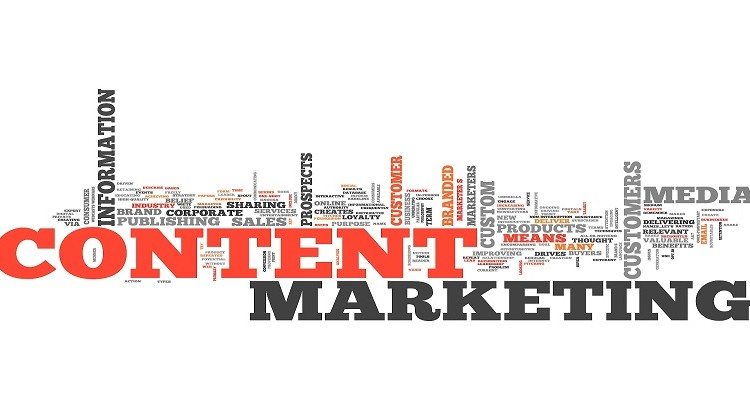If individuals in the marketing sector are asked to find the distinction between content and content marketing, they’ll probably say; this is the way to attract and build your audience.
While it’s true to some extent, it still holds contradictions against each other on a major level, because, in actuality, both are significant terms and vary when it comes to marketing.
Gone are the days when people sit in front of the TV and watch commercials during their program’s break. However, after DVR got popular, and more and more people switched to it, the value of TV advertising significantly decreased. Not that, it doesn’t hold a place, but it has been levelled down.
Since the birth of the web, consumers have been so addicted and respond to it that they can take less note of the banner advertising floating on the web pages and focus on accessing material for which they have visited a particular site.
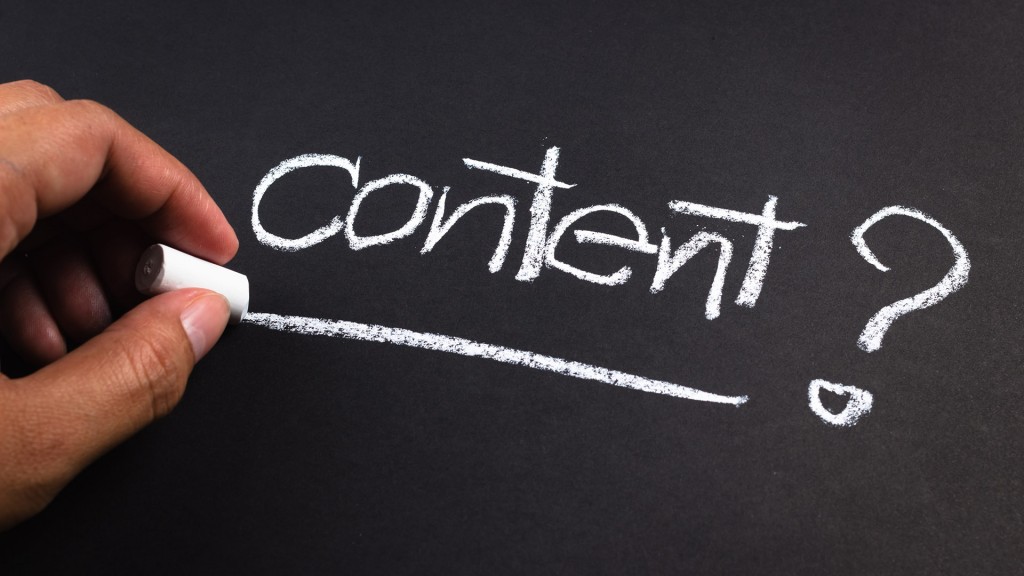
Which allows us to reach to the conclusion that-
- “Content marketing is a strategic marketing approach focused on creating and distributing valuable, relevant, and consistent content to attract and retain a clearly-defined audience and ultimately, to drive profitable customer action.”
- Content Marketing Institute Another aspect of it is; a lot of marketers feel that it’s indescribable. It’s hard to explain because it contains duelling identities. In reality, content is the atomic unit of reality, and everything can be considered as content in the creative term. Even the words we utter, the images and videos we see, all are content.
CONTENT MARKETING: A 360 DEGREE VIEW

1. Concept Definition:
In layman, via content marketing, you encourage clients to purchase directly from you by manipulating them with storytelling and convincing them what they miss without getting your goods or services versus buying through advertising on the website of another.
2. Scope:
Content marketing has been active over the ages and is one of the traditional marketing methods that has proven around and become entirely relevant. Perhaps the most critical aspect of marketing, as people are trying to absorb stories and businesses that have captured the nerves, have made the profits effectively and have dramatically increased their ROI.
3. Content marketing’s primary aim:
Create and curate content in such a way that it finds a way for the niche audience, which can pump the sale and enhance the customer’s behaviour by providing great user experience. Moreover, it doesn’t rely on renting a media but owning it, because when you own your media channel, you can do a lot of things that you were missing or weren’t aware of.
4. Content Marketing approach
Content-based marketing is an Art If we were to relate with art to content marketing, then it wouldn’t be unclear or look like that. Communication is an art, and so is the marketing of content. A part of the art is interacting and connecting with the users and involving them in great content. Master it, because you really need to do it.
How might you think when someone comes and intends to sell stuff untiringly? You’re going to feel terrible, aren’t all human beings does?
Know that art is not forced, because it’s related to an art; rather, artists create art and let it find its way among the niche audience that gets the story. That’s an art’s charm. It says, in a few words, a thousand words.
Applications: Companies like P&G, Microsoft, Cisco Systems, and John Deere successfully rely on content marketing, with John Deere, being one of the best examples (John Deere’s Furrow Magazine) of content marketing and how they have connected the dots and made their space in people’s heart for being a manufacturer of quality products.
Not only big players but even small businesses are using this form of art to grow their business by reaching more target audience. Hence, content marketing is for everyone.
1. The Problem With Content
Many content marketing departments or companies also concentrate on producing the high quality brand content because that’s what they are being paid for.
In this stigma, however, customers’ needs still get lost in the pit that trapped companies in a maze from which they barely emerge even after bringing in a huge investment.
As with all marketing strategies, content is faced with the same issue. When it hits social media, its life becomes short. On Twitter, for example, less than 3 hours, on Facebook-almost 5 hours. Throughout those times, information gathers maximum views that give marketers a problem because it is not so easy to build content.
It takes the time to develop notable content to promote company because no one wants to look awful or immature by using a straightforward content with no real value and even wasting the time of readers, which can drag them away from the brand forever.
Many industry studies have found flaws in digital platforms and how we are hooked to available features. Therefore, very indecisive as we have seamless opportunities to spend hours on it. As social creatures, we have the attention span of just 8 seconds on the web, thanks to social media.
Another mind-blowing fact is that, on average, 60-70% of content goes unused or waste. Think about the energy that was put in creating those glorify content, which failed to see the dawn, forget about surviving a whole day. Since the content is primarily created to satisfy the boss’s vision and interest, it fails to relate to the audience’s needs and preferences, resulting in a massive wastage.
Just create the brand, not to please anyone, even if it’s for your boss. Many things can be tweaked if you are writing it for your company’s head or HOD. Use creative elements to do that.
2. Future Trends
Creating a Brand-based web a lot of people equate web with marketing content. Although content marketing in the current marketing scenario is probably the most important type of marketing, content has its own importance.
“Content marketing is all the marketing that’s left.” – Seth Godin, Public Speaker and Entrepreneur.
However, to market something, you have to create content. Without it, you are good for nothing. Hence, content is different from content marketing, yet aligns with it for the best likely results.
“Developing a content brand takes an audience-first approach to business storytelling that builds a loyal audience.” Andrew Davis, Author.
CONTENT REMAINS THE KING
Without content, you will fail and eventually fall flat, hurting everything you have ever built. Hence, knowing the content is the King will surely help you to create a strong brand persona.
To say content is the modern era’s term, it would be vague for the term. The content was and will remain the King because it has been used for centuries to tell stories and connect emotionally with those who are influenced by it.
Talking about the digital age, there are a lot of misconceptions about the inferiority of content from SEO that has been vaguely talked about. While SEO is critical because it certainly is important for the website’s performance, but it gravely depends on original content.
Hence, the content stands firmly in its place because it was before SEO, and it will remain after SEO will become outdated, if it happens, anyway. Like the Game of Chess, Content is the King, and till it does not get slain, the game goes on. Content is the powerhouse that infuses life to all other marketing efforts because it allows marketers to sell things based on content.
Marketing Can’t Be Thought Without Content
No matter which form of marketing you’re excelling in, the content will be used in every form of marketing. Quality Content will be used in every form like blog posts, social media platforms and even in video content marketing strategies.
Social Media Marketing
It comes and SHOULD come before your social media strategy.

SEO
Google loves original and informative content. Day by day, Google is updating its algorithms so that the websites that offer the most valuable content are awarded page one Google ranking within their domains.
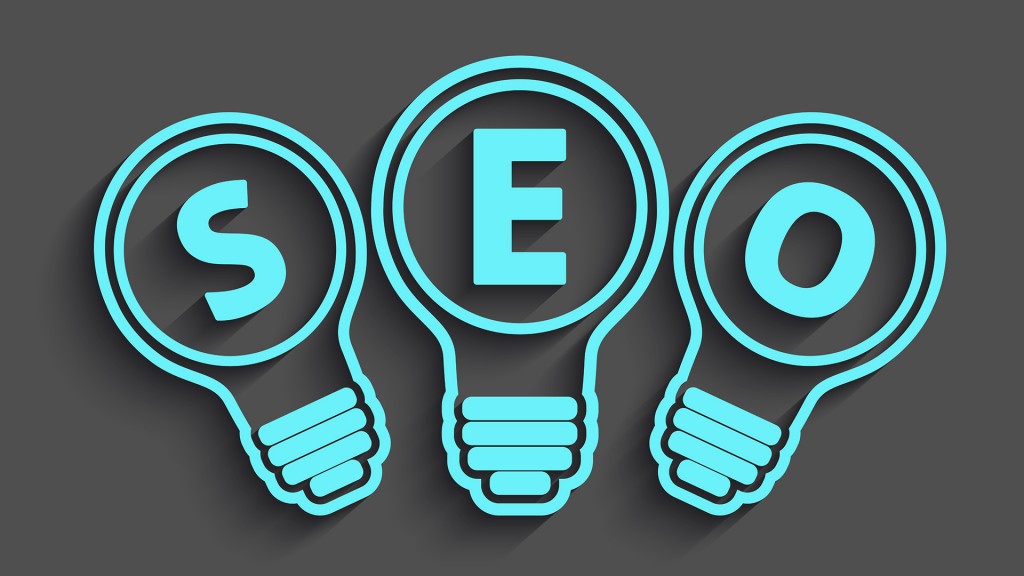
Inbound Marketing
Content drives key and generate leads for your products or services.
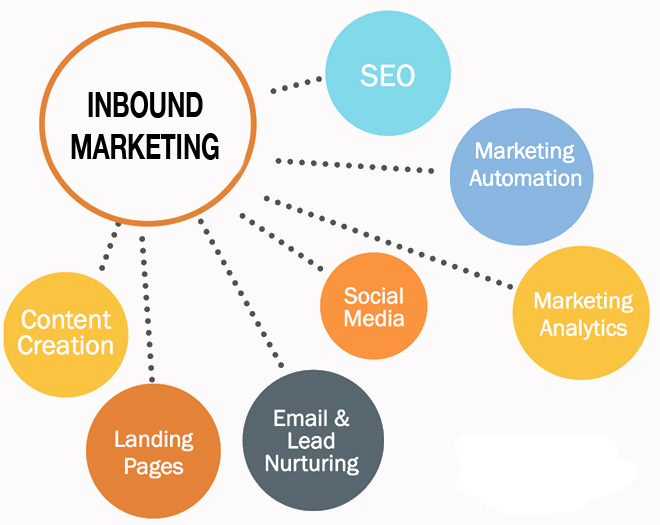
PR
Public Relations (PR) is a broad term, as it establishes a relationship between the public and the company. Hence, PR needs content to do that.
PR can create a do and die game for your business. To avoid doing mistakes in the PR campaign, read this blog: Top Reasons why you end-up burning media contacts.
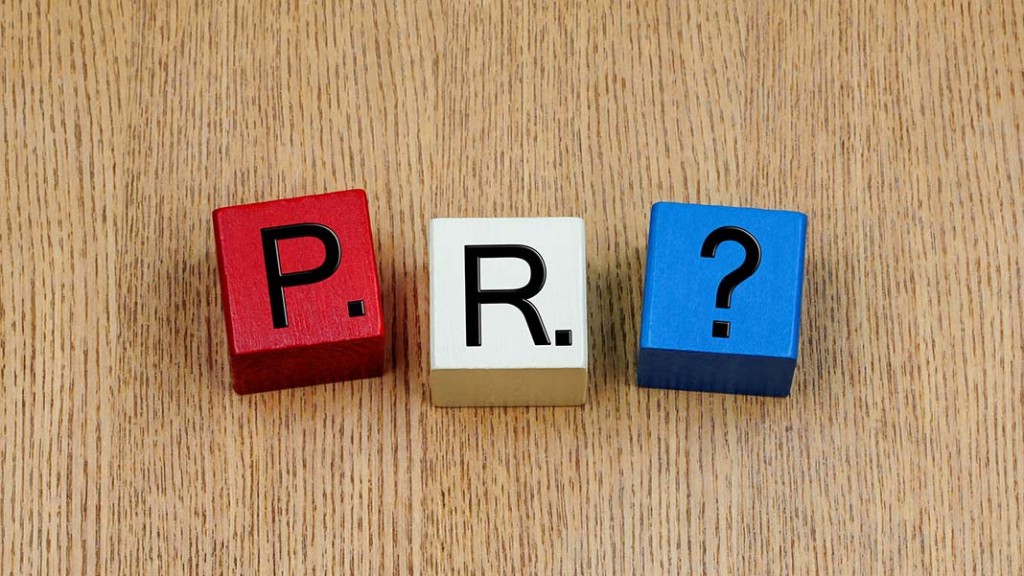
Conclusion
While content and content marketing look similar, yet they are different because both work on various parameters and are dependent on each other. Hence, by knowing the key difference, one can successfully acquire leads and increase sales at the end of the day.

